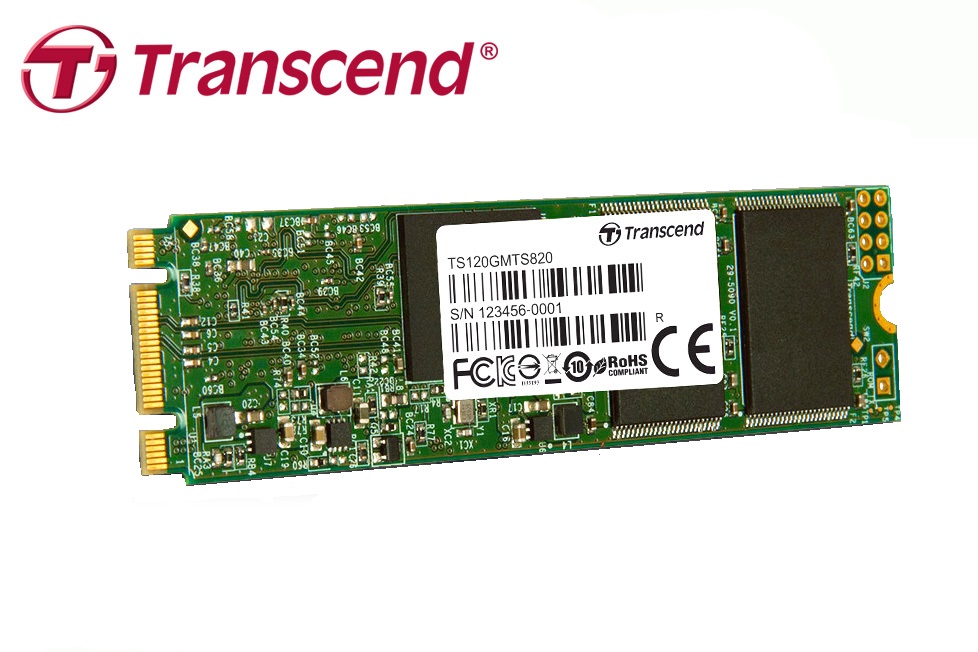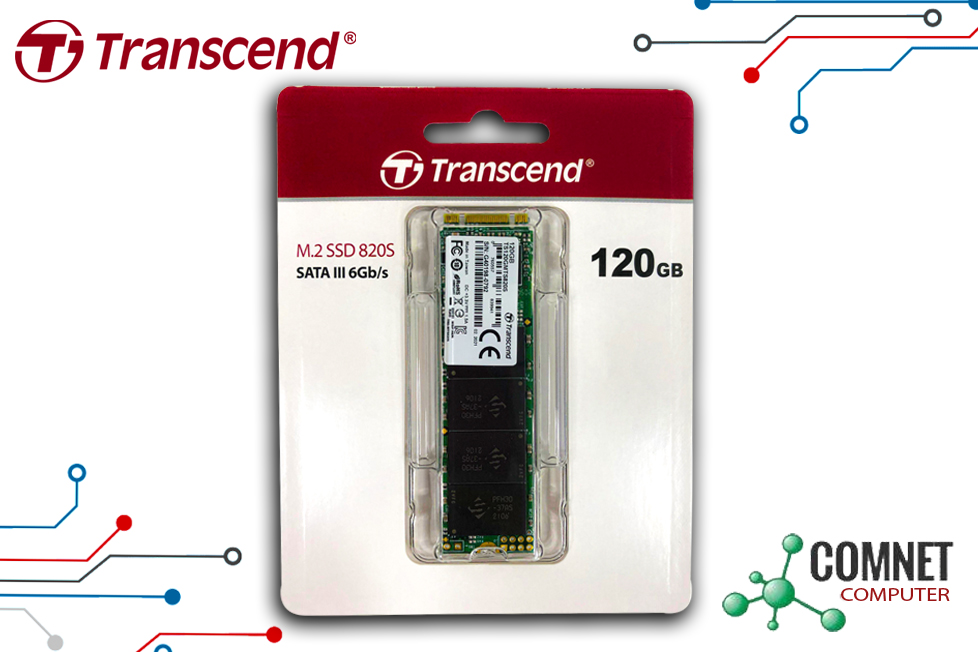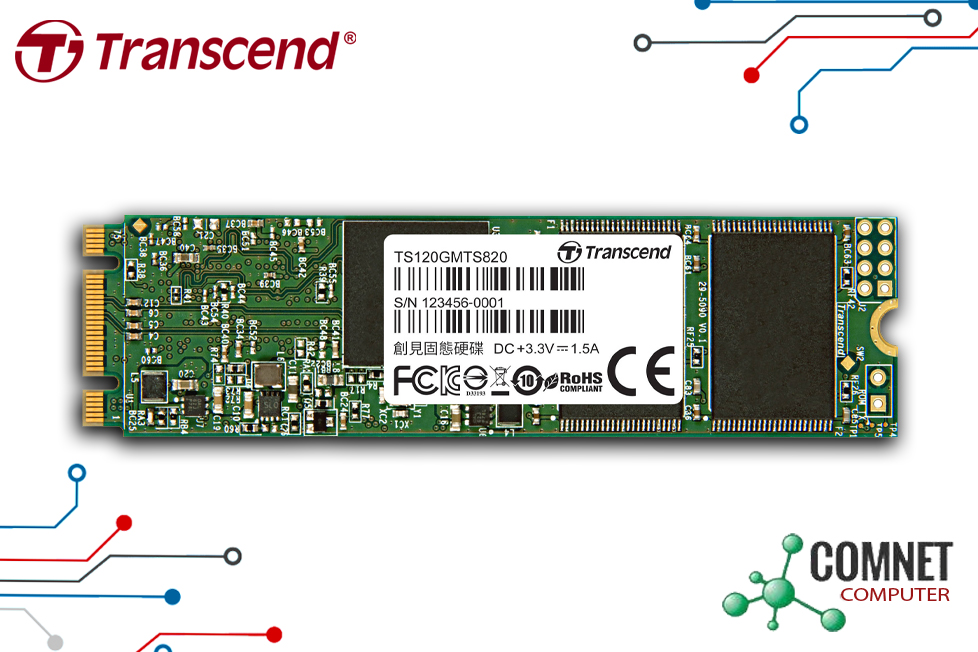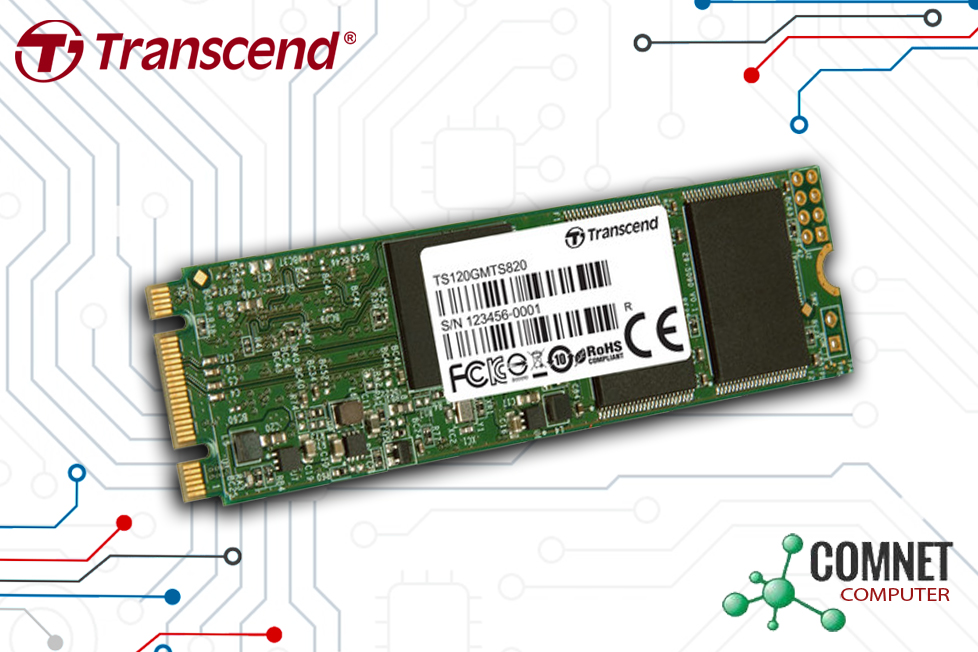Subtotal: LKR.0
TRANSCEND 120GB M.2 SSD DRIVE 820S SATA III 6GB/s
Add to Wishlist- M.2 2280 Form Factor and SATA III 6 GB/s interface
- Better read and write speeds of up to 550 MB/s and 500 MB/s.
- 3D NAND Flash
- Engineered with a RAID engine and featuring built-in SLC caching technology
- Exclusive SSD Scope Software to help monitor your SSD health
| • | 3D expansion to break through limits Unlike the existing planar NAND chips, 3D NAND flash is a type of flash memory in which the memory cells are stacked vertically in multiple layers. 3D NAND is developed to break through density limitations of the 2D planar NAND, and thus can deliver a greater level of performance and endurance. |
|---|---|
| • | Perfect for your Ultrabook Compliant with M.2 form factors Type 2242 and 2280, Transcend's 3D NAND M.2 SSDs are perfect for use in Ultrabooks and lightweight notebooks. Measured at just 80mm in length, the M.2 SSD 820S makes for an easy upgrade to your computer, taking up little space while giving it a much needed energy boost. |
| • | Superior transfer speeds Featuring the M.2 standard (80mm), the next generation SATA III 6Gb/s interface and a powerful controller, Transcend's M.2 SSD 820S reaches incredible read and write speeds of up to 550MB/s and 500MB/s. When used as a cache, the M.2 SSD 820S provides 1.5 times faster boot time than conventional hard drives. |
| • | High IOPS to speed up loading times Dedicated to maximizing high-performance computing, the M.2 SSD 820S features 4k random file read and write speeds up to 75,000 IOPS that deliver incredibly short loading times and almost instant response for heavy graphics and multimedia applications. |
| • | Store more in less space The M.2 form factor enables expansion and integration of functions onto a single form factor module solution. M.2 SSDs include a smaller form factor but with larger capacities than that of mSATA and half-slim SSDs. |
| • | Potent and feature-laden Despite its extra-small dimensions, the M.2 SSD 820S contains advanced features to enhance the performance of the SSD. Engineered with a RAID engine and featuring built-in SLC caching technology, it utilizes LDPC coding to correct errors and ensure data integrity. |







first last –
Wow great product